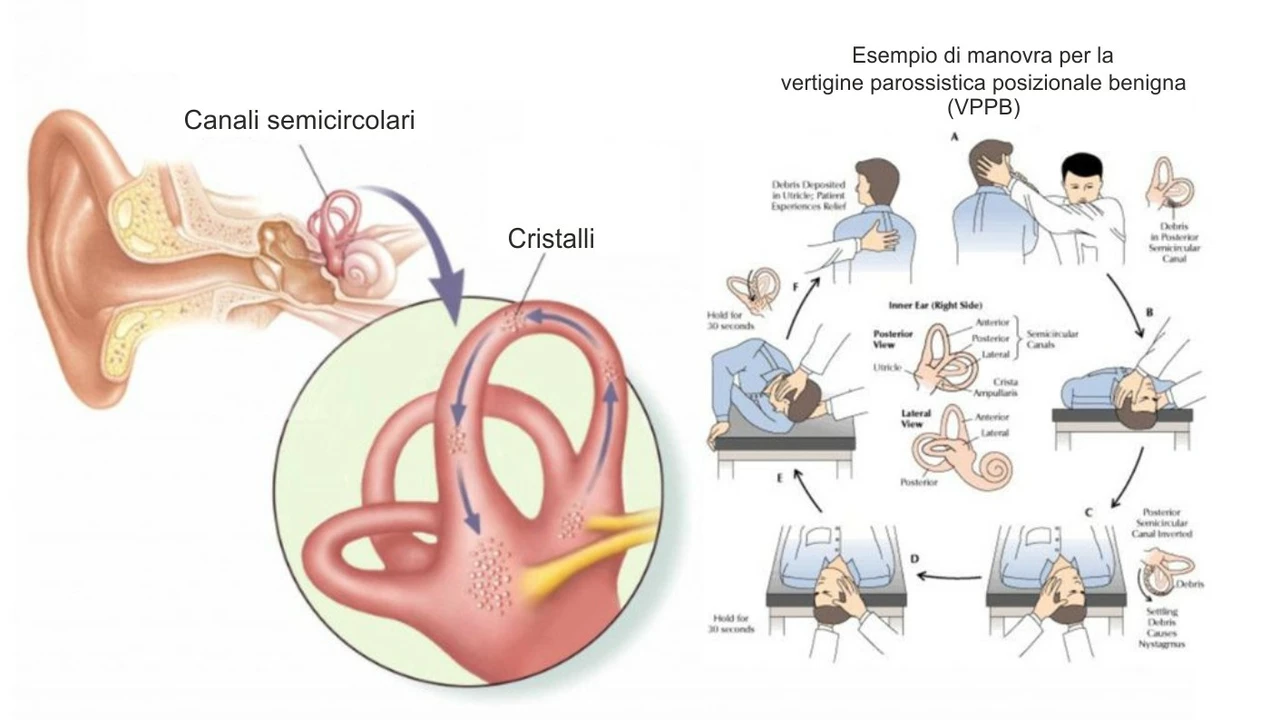
The Role of Medications in Treating Vertigo
Understanding Vertigo
Before we delve into the role of medications in treating vertigo, it is important to understand what exactly vertigo is. Vertigo is not a condition in itself, rather, it is a symptom. It is characterized by a sensation of feeling off balance and experiencing a dizzy spell as though everything around you is spinning. Many people describe it as feeling as though they are spinning themselves, or that their surroundings are spinning around them. This can be incredibly disorienting and can affect a person's ability to balance, walk, or even stand.
Common Causes of Vertigo
Vertigo can be caused by a variety of conditions, most of which are related to issues in the inner ear or brain. These conditions may include Meniere's disease, vestibular neuritis, or labyrinthitis, among others. Sometimes vertigo can also be a symptom of a more serious condition such as a stroke or tumor. It is therefore important to seek medical attention if you experience symptoms of vertigo, particularly if they come on suddenly or are accompanied by other serious symptoms such as double vision, difficulty speaking, or coordination problems.
The Importance of Accurate Diagnosis
The first step in treating vertigo is obtaining an accurate diagnosis. This is critical as the type of treatment prescribed will depend on the underlying cause. A thorough examination by a healthcare professional, which may include a physical examination, hearing tests, balance tests, and possibly imaging studies such as an MRI or CT scan, can help to identify the root cause of the vertigo.
General Treatment Approaches for Vertigo
The treatment for vertigo often involves addressing the root cause. This may involve physical therapy, lifestyle modifications, and in some cases, surgery. However, medications also play a crucial role in managing the symptoms of vertigo and are often used in conjunction with these other treatment modalities.
Overview of Medications Used to Treat Vertigo
There are several types of medications that can be used to treat vertigo. These include medications to relieve nausea and vomiting, such as prochlorperazine and some antihistamines; medications to reduce the sensation of spinning, such as meclizine and diazepam (Valium); and medications to help relieve inflammation or infection in the ear, such as corticosteroids and antibiotics. The choice of medication will depend on the underlying cause of the vertigo, the severity of the symptoms, and the patient's overall health.
Side Effects of Medications for Vertigo
Like all medications, those used to treat vertigo can have side effects. These may include drowsiness, dry mouth, blurred vision, and in some cases, more serious side effects such as irregular heartbeat or decreased alertness. It's important to discuss these potential side effects with your healthcare provider before starting any new medication. In many cases, the benefits of the medication in controlling vertigo symptoms outweigh these potential side effects.
Considering Non-Pharmacological Treatments
While medications can play a crucial role in managing vertigo symptoms, it's also important to consider non-pharmacological treatments. Physical therapy, particularly vestibular rehabilitation, can be very effective in managing vertigo. This type of therapy involves exercises that help to retrain the brain to interpret and process signals from the inner ear and to adapt to imbalances. Lifestyle modifications, such as reducing salt intake for those with Meniere's disease, can also be beneficial.
The Future of Vertigo Treatment
Research is ongoing into new ways to treat vertigo. This includes the development of new medications, as well as advancements in physical therapy techniques and surgical procedures. It's an exciting time in the field of vertigo research, and it's hopeful that these advancements will lead to even more effective treatment options in the future.





Written by Jakob Fitzroy
My name is Jakob Fitzroy, and I am an expert in pharmaceuticals with a passion for writing. I have dedicated my life to studying medication and understanding how it affects various diseases. My goal is to educate people about the importance of proper drug therapy and prevention methods. I have authored numerous articles, providing valuable insights on medication, its development, and its impact on patients. My driving force is to contribute to the ongoing fight against diseases and improve the overall health and well-being of people around the world.
All posts: Jakob Fitzroy